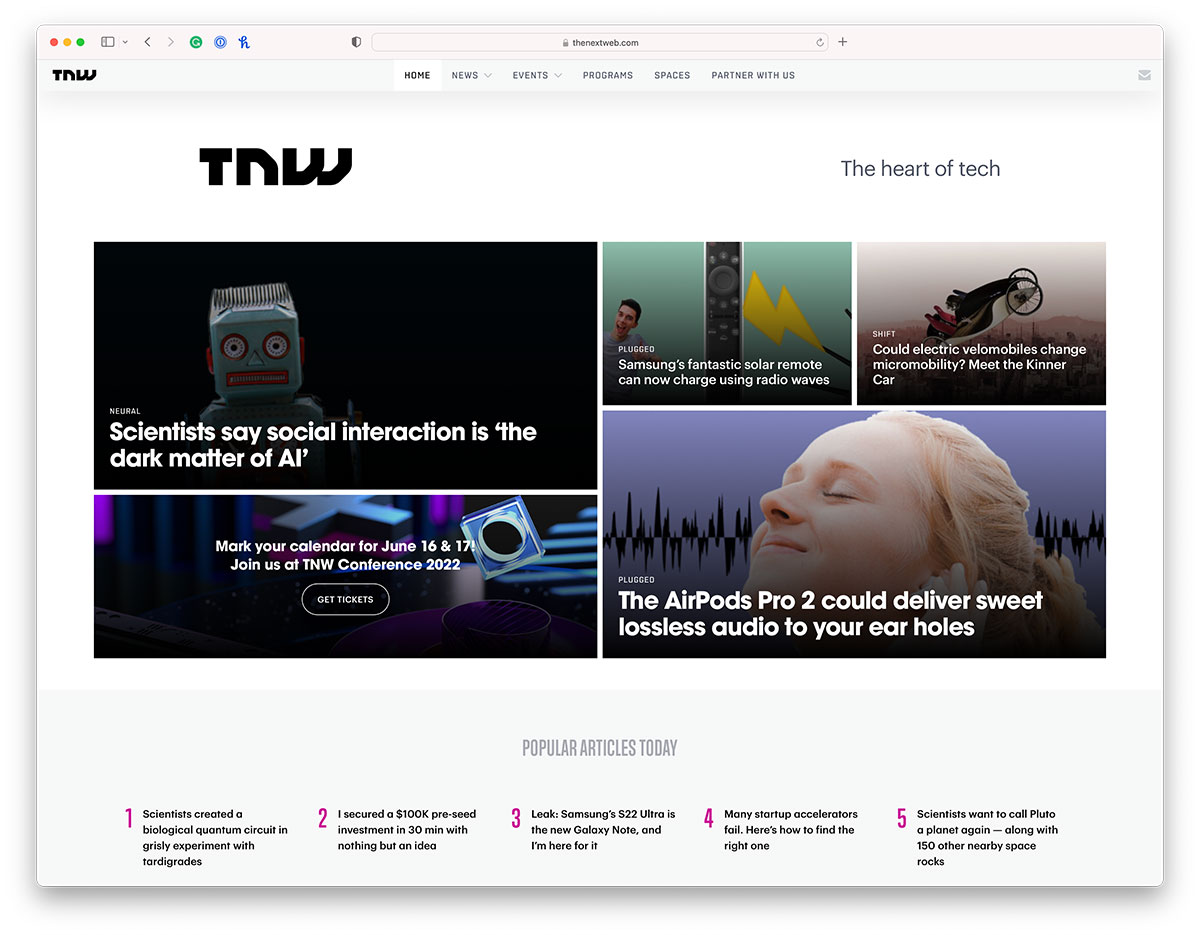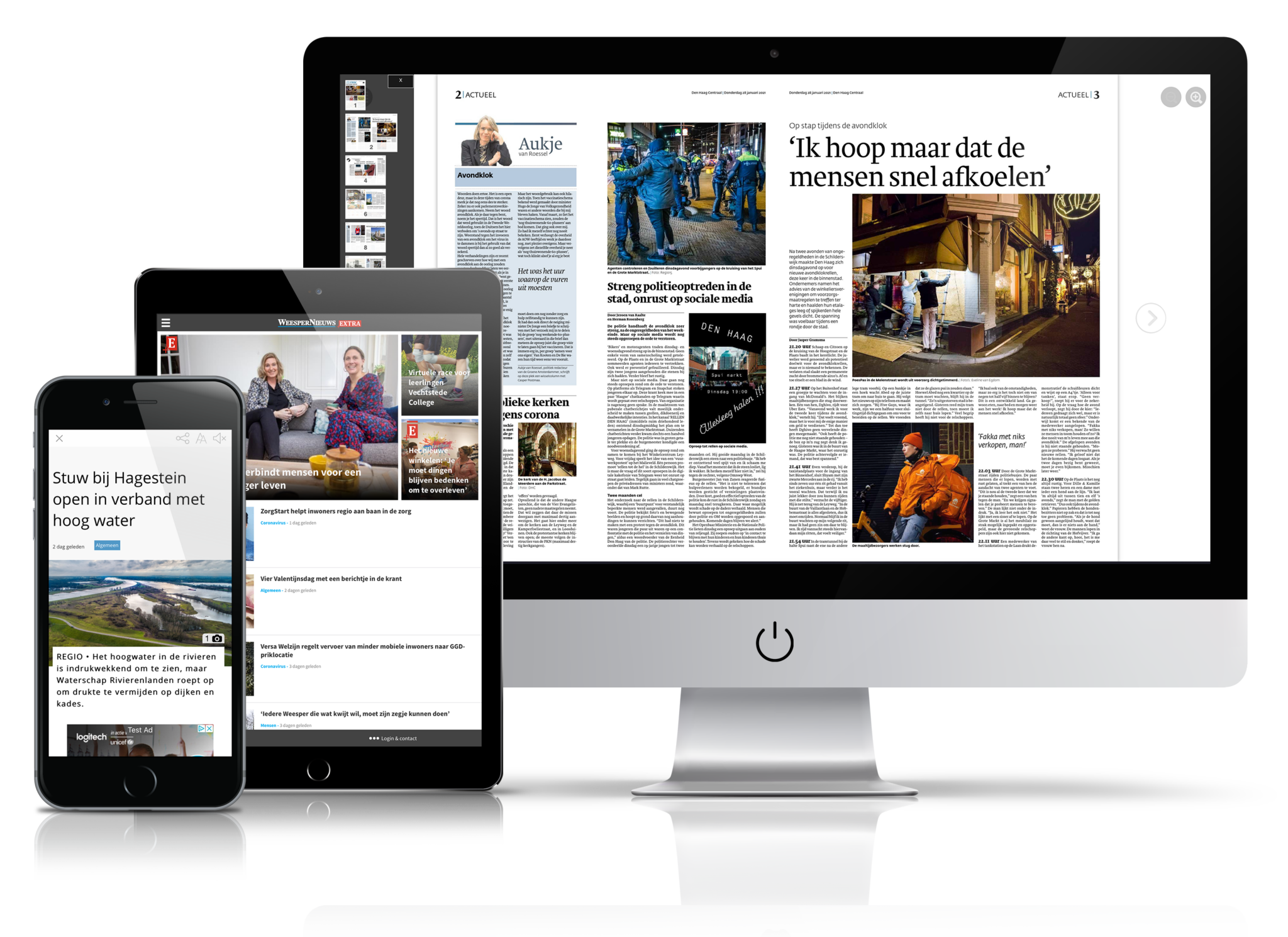The 3-Minute Rule for News Websites
The 3-Minute Rule for News Websites
Blog Article
The smart Trick of News Websites That Nobody is Talking About
Table of ContentsThe Of News WebsitesOur News Websites PDFs8 Easy Facts About News Websites ShownSee This Report about News WebsitesNews Websites Fundamentals Explained
It was down in the UK and Brazil but up some various other nations, such as Greece, Bulgaria, and Poland (News Websites). This year, for the very first time, we asked concerning the various methods that people stay clear of the news and discovered that around half of avoiders (53%) were attempting to do so in a broad-brush or regular method for instance, by shutting off the radio when the news came on, or by scrolling past the news in social mediae.g. scrolling past information, transforming networks when news comes on. of avoiders check resources much less commonly. e.g. limitation to certain times of day, shutting off notifications, etc. of avoiders stay clear of some topics. e.g. topics that reduce mood or increase anxiety. You claimed that you try to actively avoid information.

I'm probably picking to learn more light-hearted stories than I made use of to right now. M, 51, UK Turning my back on information is the only means I feel I can cope in some cases. I need to consciously make the initiative to turn away for the benefit of my own psychological health and wellness.
The Only Guide to News Websites
Discerning avoidance of Ukraine information was highest possible in much of the nations closest to the conflict, strengthening searchings for from our added survey last year, not long after the war had actually started. Our data may not suggest a lack of interest in Ukraine from close-by nations yet instead a need to manage time or secure mental health and wellness from the extremely actual scaries of battle.
Comparing Finland with a politically polarised country such as the United States (see next chart) that is less affected by the war, we find a very different pattern of topic evasion. In the USA, we locate that customers are most likely to stay clear of subjects such as nationwide politics and social justice, where arguments over problems such as gender, sexuality, and race have become extremely politicised.
American politics are pretty harmful these days. I find in some cases that I have to separate from tales that just make me upset. F, 61, United States For some individuals, bitter and divisive political arguments are a reason to turn off news altogether, however, for some political partisans, evasion is often concerning shutting out viewpoints you don't wish to listen to.

The Best Guide To News Websites
Some are seeking to make news much more available for hard-to-reach teams, broadening the news you can try here schedule, commissioning more inspiring or favorable information, or accepting useful or solutions journalism that give people a feeling of hope or individual agency. In our survey this year, we asked respondents about their rate of interest in these various methods.
This describes why tales like Ukraine or national politics execute well with information regulars but can at the same time transform less interested customers away (News Websites). Careful avoiders are less interested in all sorts of news than non-avoiders but in family member terms they do appear to be extra interested in positive or solutions-based news

The Best Strategy To Use For News Websites
2023). This may be true in the minute, but with time it seems to be leaving lots of people vacant and much less satisfied, which might be weakening our link with and count on the news. Throughout markets, overall rely on news (40%) and count on the resources individuals utilize themselves (46%) are down by an additionally 2 percentage factors this year.
Via the rear-view mirror, the COVID-19 trust bump is plainly visible in the adhering to chart, though the direction of traveling after that has actually been mixed. Sometimes (e.g. Finland), the trust boost has actually been maintained, while in others the upturn looks more like a spot in a tale of continued long-lasting decrease.
Several of the highest reported levels of media objection are located in countries her latest blog with highest levels of mistrust, such as Greece, the Philippines, the United States, France, and the UK. The most affordable levels of media criticism are frequently in those with greater degrees of trust, such as Finland, Norway, Denmark, and Japan.
See This Report about News Websites
This year we asked participants regarding their preferences for text, sound and video clip when consuming news online. On average, we find that the bulk still like to check out the news (57%), instead than watch (30%) or pay attention to it (13%), however younger individuals (under-35s) are most likely to listen (17%) than older teams.
Behind the standards we discover substantial and unusual country distinctions. In markets with a solid reading custom, such as Finland and the United Kingdom, around 8 in 10 still favor to review on the internet information, yet in India why not try here and Thailand, around four in 10 (40%) say they prefer to enjoy news online, and in the Philippines that proportion is over fifty percent (52%).
Report this page